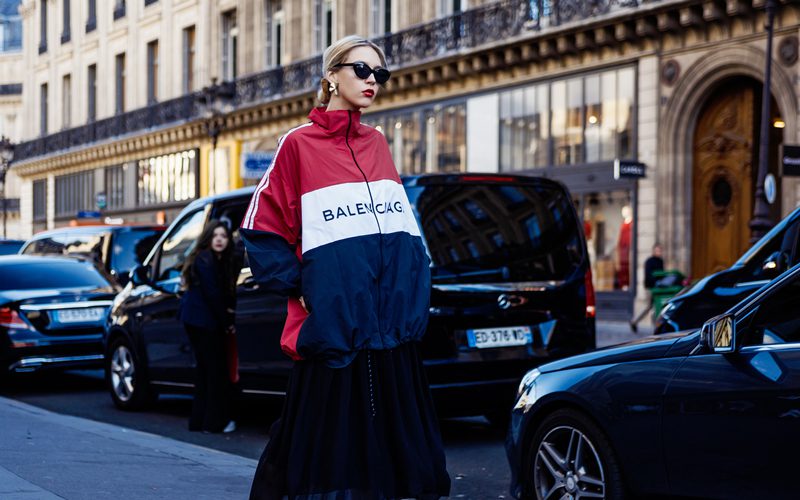
Luxury goods are products that are defined as non-essential and expensive goods or services purchased by wealthy people. The luxury goods market has shown significant growth in recent years, and this growth is attributed to the growing disposable incomes globally. The global luxury goods industry is in a transformative stage, due to factors such as digital advancements, new technologies, increasing wealth of individuals, changing marketing strategies of players, and growing media influence. The growth of e-commerce platforms has also contributed to the demand for luxury goods, especially among Gen Z consumers. New research by Bain & Company and Farfetch, an online platform selling luxury items, estimates that millennials and Gen Z will represent 40% of the global personal luxury goods market by 2025.
The younger generations are willing to spend money on luxury and are looking for unique items that set them apart, that show they’re different. And if they find it from a luxury brand, then they’re absolutely willing to pay for it, according to McKinsey’s Gen Z shopping research. Gen Z loves vintage and second-hand shopping. Luxury brands provide high-quality items from a brand they’ve likely heard of their entire lives.
What’s in it for Indian Retailers?
The luxury industry in India is booming. The size of the Indian luxury market is projected to surpass $200 billion in 2030. Millennials and Gen Z are the driving force behind the booming Indian luxury industry. A recent study by consulting firm Deloitte and the Retailers Association of India indicates that Millennials and Gen Z are now making up 34 percent of the total population in the country. These fundamental changes in the Indian Consumer Market provide huge opportunities for luxury retailers. Global fashion players have been eyeing the Indian market for a long time.
Reliance Brands Limited (RBL), India’s largest player in the luxury market, has partnerships with many luxury brands, including Tiffany & Co., Burberry, Armani Exchange, etc. RBL has also invested in homegrown luxury brands such as Manish Malhotra, Ritu Kumar, and Abu Jani Sandeep Khosla to engage with affluent consumers. Many international luxury brands have focussed their strategies on affluent millennials. Indian Retailers need to think of ways to engage Gen Zs with their brands. These consumers are looking for products and services offering a truly authentic experience. They want brands to speak their language and values. Gen Z expects personalization, entertainment, and engagement. Engaging Gen Z with entertaining content, and video in particular, across different channels, is one of the most effective ways to get and keep their attention and also enhance omnichannel experiences.
— Sadaf Anjum









